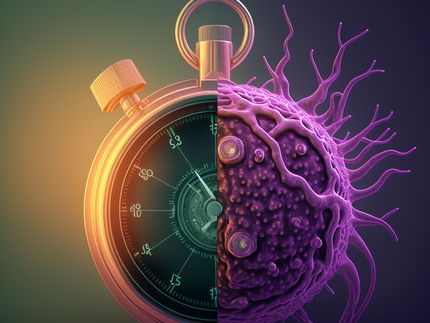Neural probe senses and stimulates individual brain cells
Advertisement
Imec, together with its partners within the European FP6 Program NeuroProbes, has created a new neural probe enabling electrical and chemical recording and stimulation of single neurons in the brain. Applications of the new technology are vast, ranging from tools for fundamental research on the functioning of the brain, to instruments for more precise diagnosis of brain seizures before brain-surgery.
To discriminate single neurons in the brain, the recording electrode should be positioned very close to the neuron, ideally within 100 micrometers or less. To date, multi-electrode recording probes have relied on trial and error, as it is not possible to mechanically optimize the position of electrodes independently from each other. The new Electronic Depth Control (EDC) technology, introduced by imec and its NeuroProbes partners, enables individual adjustment of the position of the different electrodes without requiring any mechanical displacement. The EDC neural probe has hundreds of electronically switchable electrodes, allowing to scan for the most informative neural signals, to lock onto them, and eventually adjust their position during the course of an experiment.
The new EDC neural probe technology opens the door to dozens of new research tracks, and even promises to refine work currently underway. Next to fundamental brain research, one of the key roles of the EDC technology is pre-operative diagnostics prior to brain surgery for a variety of conditions. “It is known that similar probes have been used for decades to discover the focus of an epileptic seizure, for example,” explains Herc Neves, scientist at Belgium’s imec and coordinator of the NeuroProbes project. “You have a patient that is about to be operated on, and you want to remove as little tissue as possible. By pinpointing where the seizure is generated, you remove only that tissue, resulting in safer and less invasive surgery.”
This work was part of the NeuroProbes project (coordinated by imec), partly funded by the European Commission under Framework Program 6. EDC probes have been validated and used successfully in scientific experiments by neuroscientists at the Hungarian Academy of Sciences and the University of Parma (Italy). EDC technology is the result of a close collaboration with the Microsystem Materials Laboratory of the Department of Microsystems Engineering (IMTEK) at University of Freiburg (Germany).


















































